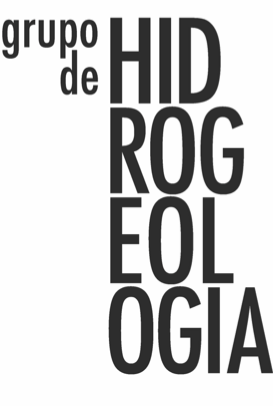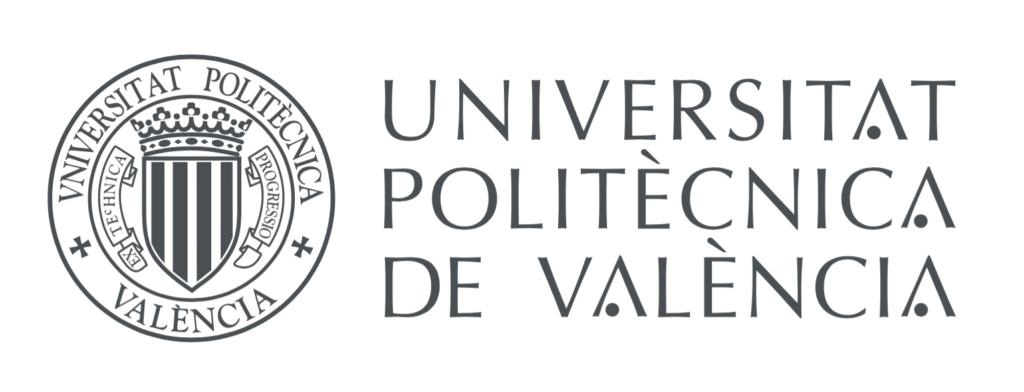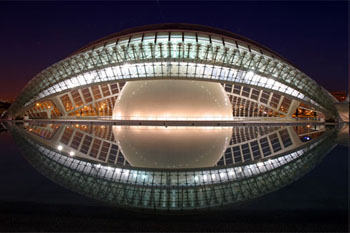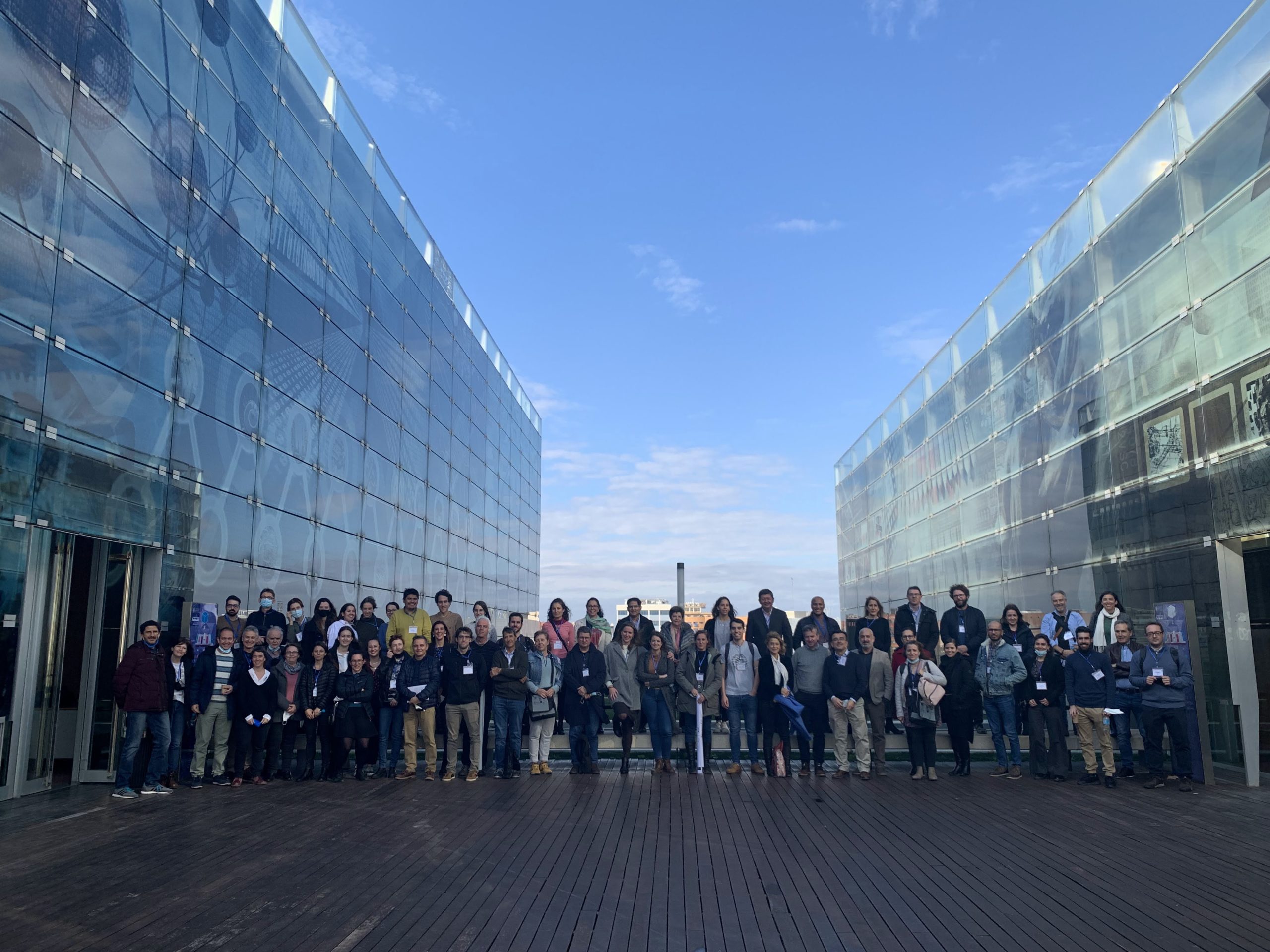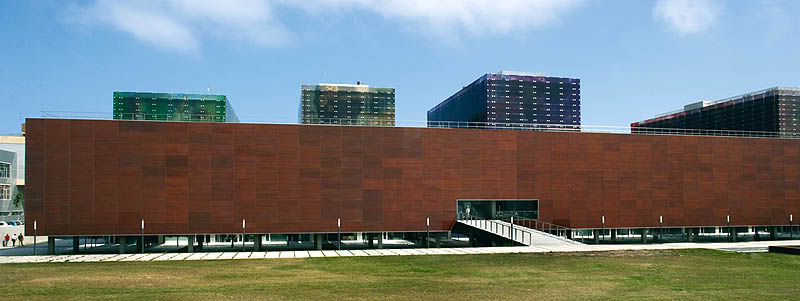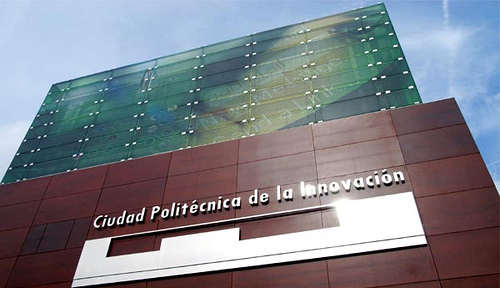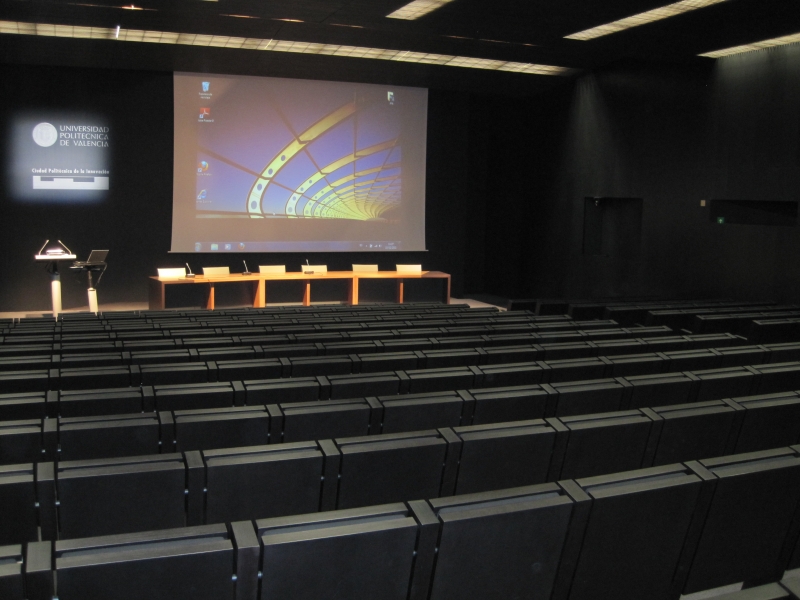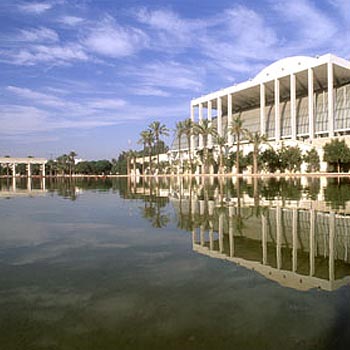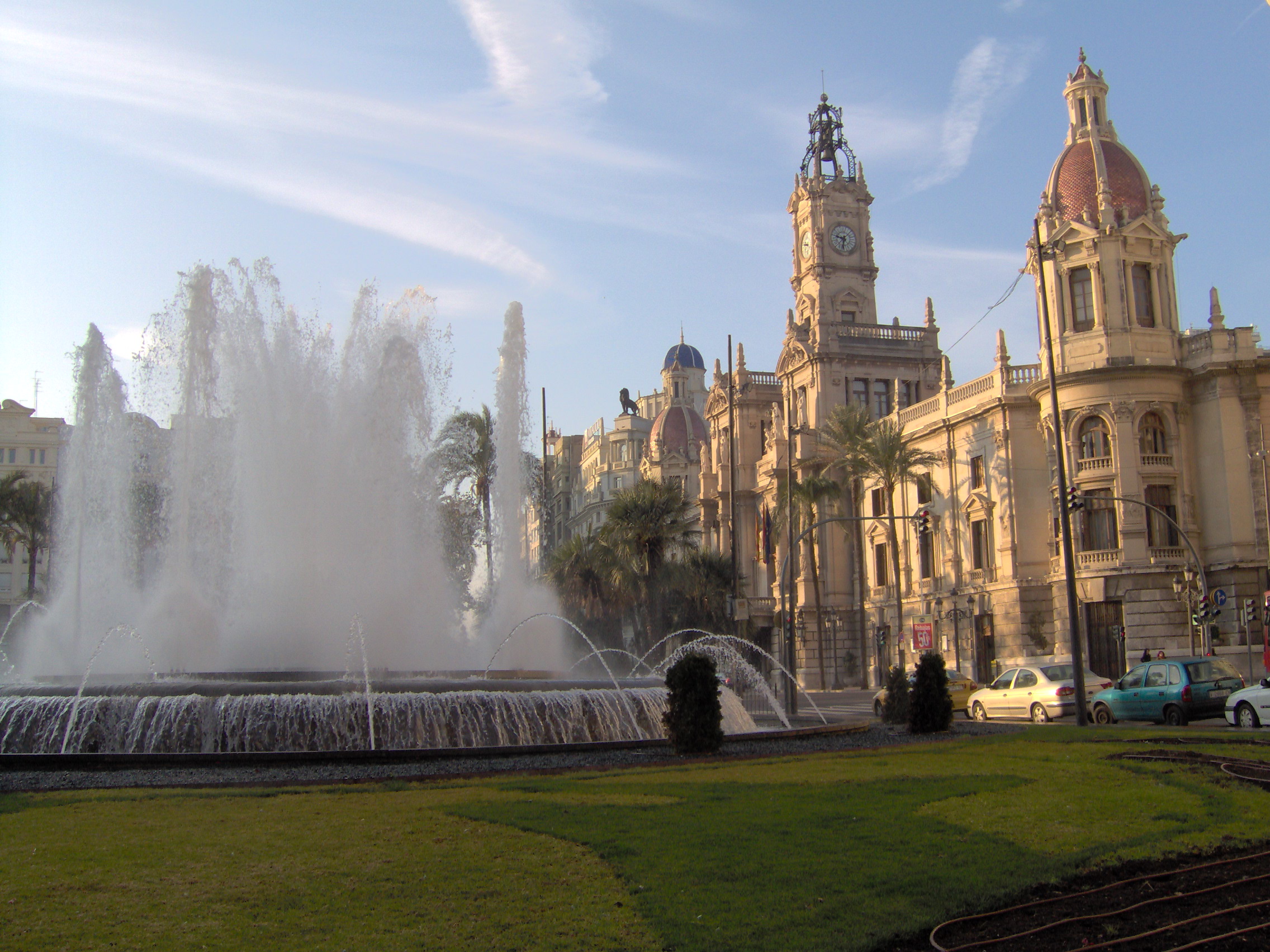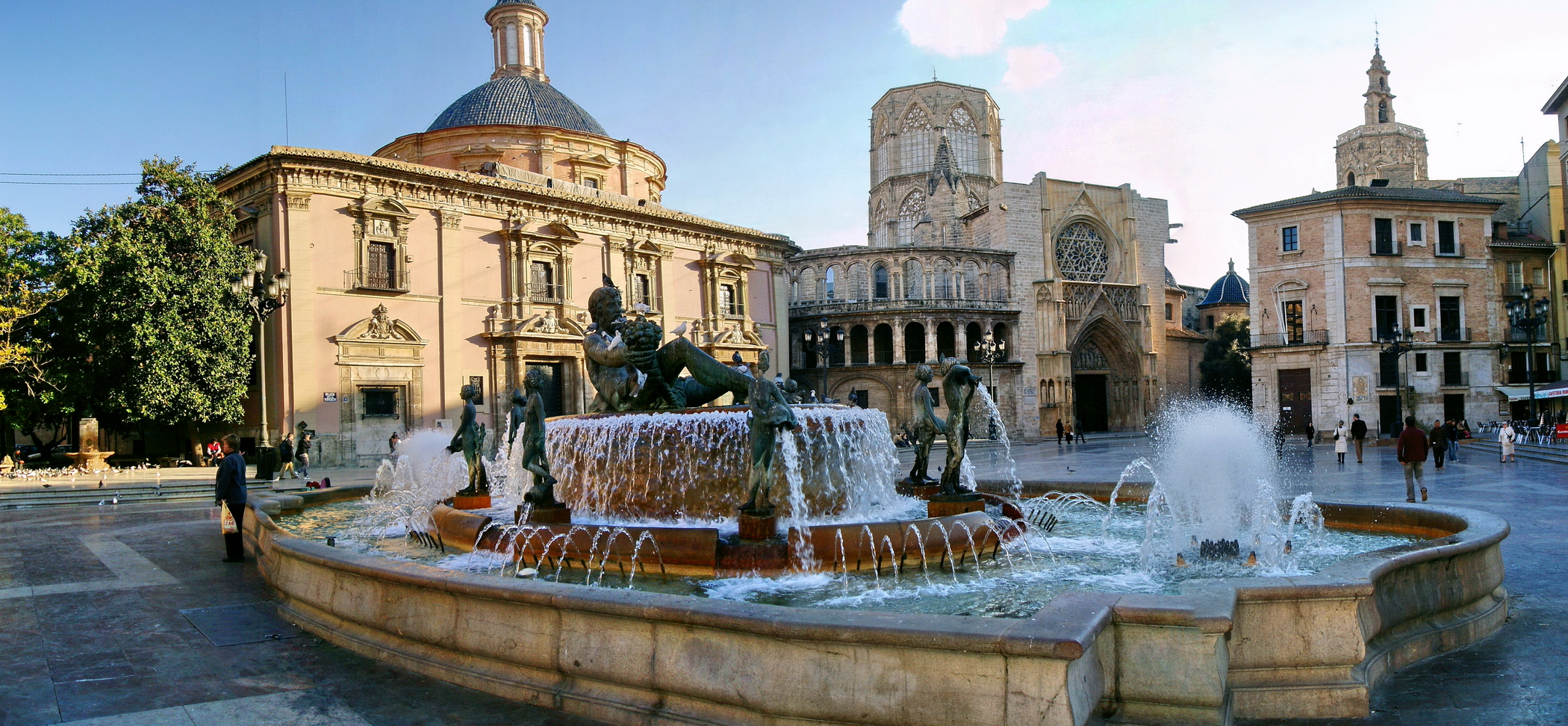Session 1. Can we meet the challenge? Prospects for sustainability of groundwater-fed irrigated agriculture.
Jim Butler, Kansas Geological Survey, USA
Irrigated agriculture is the largest user of groundwater globally, but many of the aquifers supporting irrigated agriculture are on a trajectory toward resource depletion. Thus, the question of how much longer groundwater can support large-scale agricultural production is of global significance. In many areas, there is often little surface water to substitute for groundwater, so reductions in pumping in conjunction with modifications of agricultural practices are the only options to address the depletion. These actions, however, can come at a price in terms of recharge and yields and may prove difficult to implement. The purpose of this session is to bring together a multidisciplinary group of presenters to discuss methods for extending the lifespan of these aquifers and the food production and regional economies that they support. We welcome contributions that address all aspects of the impediments to and/or opportunities for meeting the challenges posed by this pressing global problem.
Session 2. New policies and technologies: Impacts and future prospects.
Dave Hyndman, The University of Texas at Dallas, USA
Session 3. Dimensions of coastal groundwater sustainability.
Nils Moosdorf, Leibniz Centre for Tropical Marine Research, Germany
Coastal aquifers often are intensively used and under stress by unsustainable pumping and sea level rise. For this session, we are looking for best practice examples of sustainable use of coastal aquifers, and examples of stressed coastal aquifers from real life. In addition, we invite contributions discussing theoretical thoughts on sustainable groundwater use at the coast at the local, regional and global scale. Since sustainable groundwater use does not only encompass its use as drinking water, but also its relevance for groundwater-dependent ecosystems on land and in the sea, we also invite examples highlighting the connection between coastal groundwater and coastal ecosystems. Contributions highlighting other dimensions of coastal groundwater sustainability, e.g. societal relevance, are also invited. We aim at fostering a lively discussion between practitioners and scientists around the topic of coastal groundwater sustainability.
Session 4. Aquifer storage and recharge – Tools for technical implementation and monitoring.
Peter Dietrich, Helmholtz Centre for Environmental Research – UFZ, Germany
Gaisheng Liu, Kansas Geological Survey, USA
The available quantity and quality of groundwater is a central issue for society. Rising demand for water and reduced rainfall due to global warming will continue to worsen dramatically water scarcity in many countries. Developing and improving innovative water management strategies can help to avoid the negative trend of the water balance. Artificial recharge by storing water in aquifers during times of excess is a recent option. A variety of measuring methods are used to record and monitor such water management approaches. In addition to structural exploration, process-oriented analysis, parameter estimation, and sensor technology for monitoring groundwater quality are becoming increasingly important. Our session aims to present examples of aquifer storage and recharge including operation, maintenance, and monitoring procedures with innovative approaches and promising tools.
Session 5. Climate change impacts and adaptation options for sustainable groundwater management.
Adriana Bruggeman, The Cyprus Institute, Cyprus
Corrado Camera, Università degli Studi di Milano, Italy
Natural groundwater recharge and discharge processes, through precipitation and surface water interactions, are highly variable in space and time. Anthropogenic groundwater exploitation is ubiquitous and often not well monitored. Climate change adds further uncertainties to our understanding of groundwater systems. This while many communities rely on groundwater as a source for water supply and irrigation, especially during drought periods. The sustainable management of groundwater resources needs to consider the changing dynamics of the hydrologic cycle and the increasing water needs of the environment and society. This session aims to contribute to an improved understanding of climate change impacts on groundwater resources. We would especially like to invite presentations of studies that investigate both the impact of climate change on the quantity and quality of groundwater resources and the role of groundwater systems in climate adaptation.
Session 6. Thermal and mineral aquifer systems – sustainable management of groundwater resources.
Margarida Antunes, Universidade do Minho, Portugal
The main goals of this session is to discuss:- Review of the state of the art on geologic and hydrogeological factors controlling the occurrence of these types of water and its sources all over the world; – Modelling geothermal reservoirs – Hydrogeochemistry and geothermometry of aquifers; – Applications of geothermal water as a source of renewable energy; – Integrated methodologies and techniques on geothermal exploration; – outline recent developments in the management of groundwater resources; – Climatic Changes and impact on geothermal water occurrence.
Session 7. Gaming and Behavioral Experiments for Sustainable Groundwater Management.
Ali Saysel, Bogazici University, Turkey
David Yu, Purdue University, USA
Elif Bal, Bogazici University, Turkey
This session invites research and practice in gaming and behavioral experiments for sustainable groundwater management. Beyond their learning objectives, games within controlled experimental settings help understanding decision-making in complex environments and facilitate policy-making for sustainable resource use. Compared to other learning methods, gaming is efficient with higher learning outcomes through player interactions, entertainment aspects, information feedback, and post-gaming debriefings. Controlled experimental implementation of games is often used the delineate decision heuristics, which can support both learning and policymaking. Games for learning and policy support typically involve player interactions, sometimes within a dynamic environment. They can be contextualized within role-playing narratives and can be designed as on-board or computer simulations. Alternative gaming approaches and practices address different purposes and have comparative advantages related to a realistic representation of the decision-making context, resource dynamics, and feasibility for field applications. This session aims to give the floor to scholars to discuss their work in gaming applied to groundwater management.
Session 8. From regional to global scales – groundwater sustainability across large domains.
Robert Reinecke, University of Potsdam, Germany
Aquifers may span political and natural boundaries, but our large-scale understanding of groundwater and its sustainable use across these domains is still limited. Increasingly global-scale groundwater models are being developed, and big-data assessments of groundwater wells have been conducted to push the boundaries of our large-scale understanding of groundwater. In this session, we want to highlight the increasing interest in the large-scale study of groundwater while discussing current obstacles related to data availability and model design. Therefore, we seek contributions addressing issues including: Regional to global groundwater-related datasets and big-data assessments. Transboundary and inter-catchment assessments of groundwater. Surface-subsurface water exchange at the catchment to global scales from both observational and modeling aspects. Implications of large-scale groundwater understanding on monitoring design and integrated water management beyond the catchment scale
Session 9. Sustainable groundwater in drylands.
Nadim Copty, Bogazici University, Turkey
Drylands, consisting of arid and semi-arid regions, make up more than 40 % of the Earth’s surface. In arid and semi-arid regions of the world, groundwater resources are often under tremendous stress, leading to various environmental problems such as soil salinization, water table drop, and land subsidence. This session seeks papers that examine these challenges and how they can be addressed. The session will also explore different policy and governance needs for the sustainable use of groundwater resources and the importance of linking science to policy.
Session 10. Stakeholders and groundwater sustainability.
Matthew Sanderson, Kansas State University, USA
Manuel Pulido, Universitat Politècnica de València
Groundwater stocks in the most important aquifers around the world remain under intense pressure. In many cases, there are multiple competing demands for groundwater that operate at different spatial and temporal scales. Within this context, stakeholder inclusion and support are critical for the successful implementation of sustainability practices and policies. This session explores the challenges and possibilities of sustainable groundwater practices, management, and governance. Focus is placed on human dimensions, including the social, cultural, political, and economic factors that influence groundwater use and conservation.
Session 11. From Sensors to Satellites: Advancing Earth Imaging to Support Sustainable Groundwater Management.
Rosemary Knight, Stanford University, USA
Aakash Ahamed, Stanford University, USA
Recent advancements in sensor technologies, ranging from ground-based electromagnetics to orbiting satellite constellations, have dramatically expanded the potential to analyze groundwater systems around the world with measurements acquired at unprecedented spatial and temporal resolutions. Data derived from satellites can characterize the changing spatial and temporal patterns in the hydrologic functioning of the land surface, while airborne and ground-based systems can inform our modeling of subsurface properties and processes. The combined use of these measurements and the models derived through data integration have the potential to significantly advance the emerging field of adaptable groundwater management by providing actionable and timely information to water managers. We seek abstracts that leverage geophysical and remote sensing technologies to study groundwater systems in novel ways, including but not limited to: (1) airborne and ground-based electromagnetic methods; (2) spaceborne and airborne gravity; (3) satellite measurements of hydrologic properties, and (4) the combined use of 1-3.
